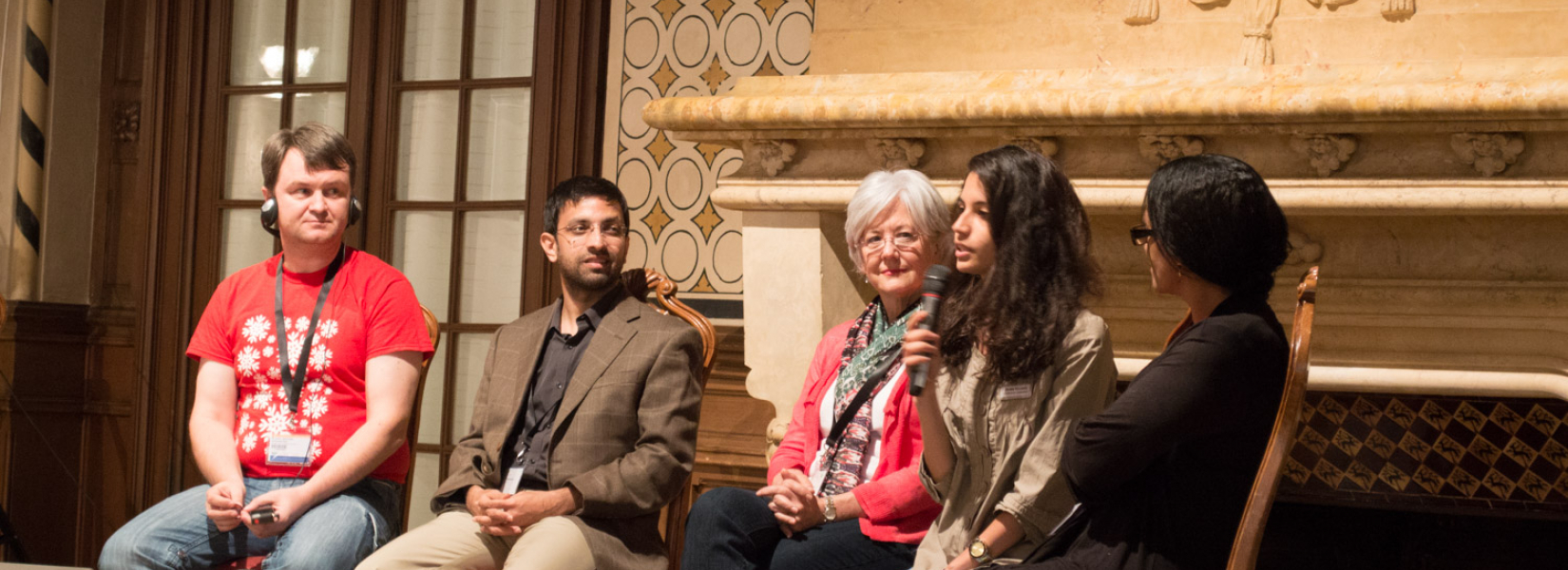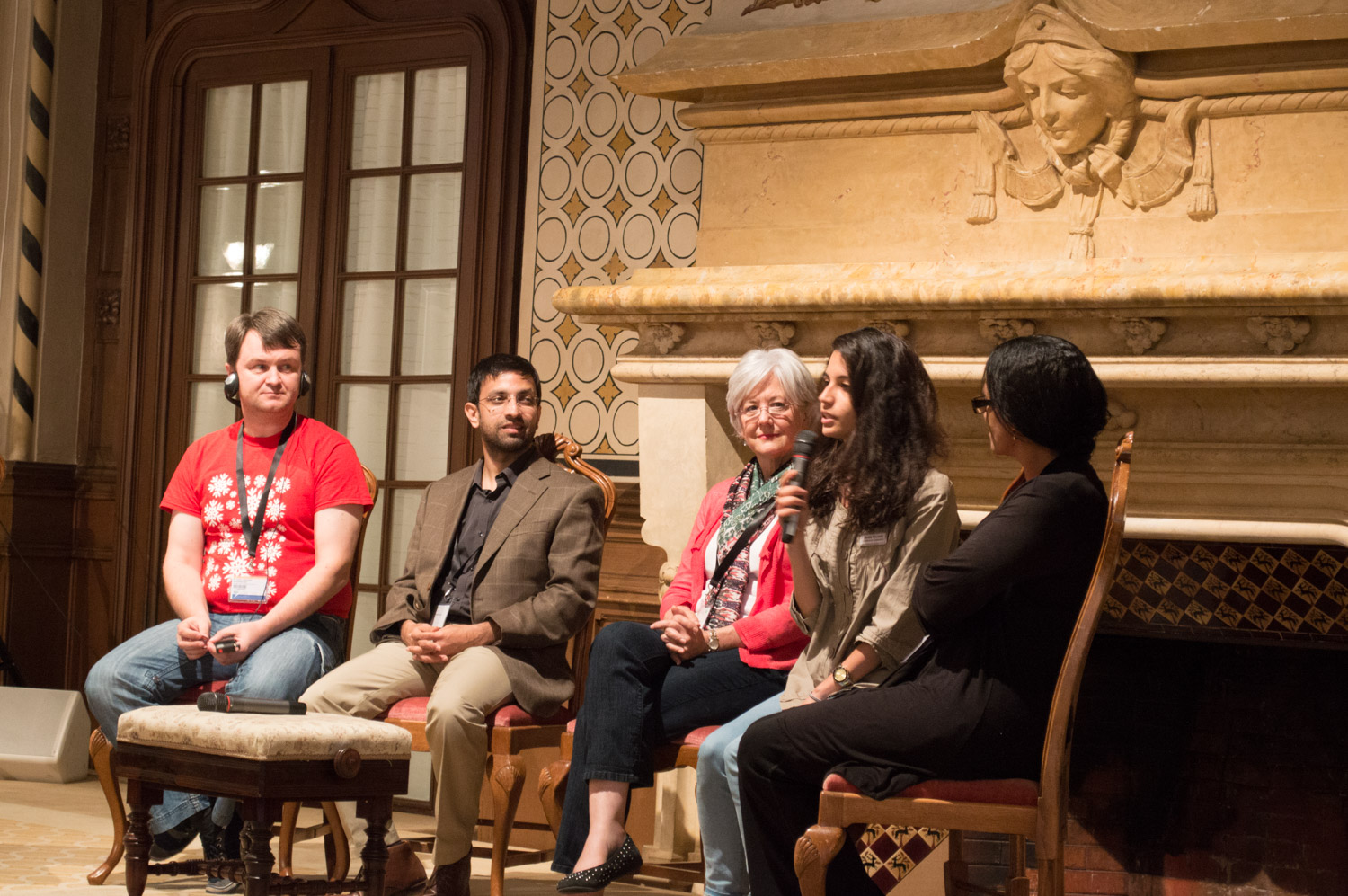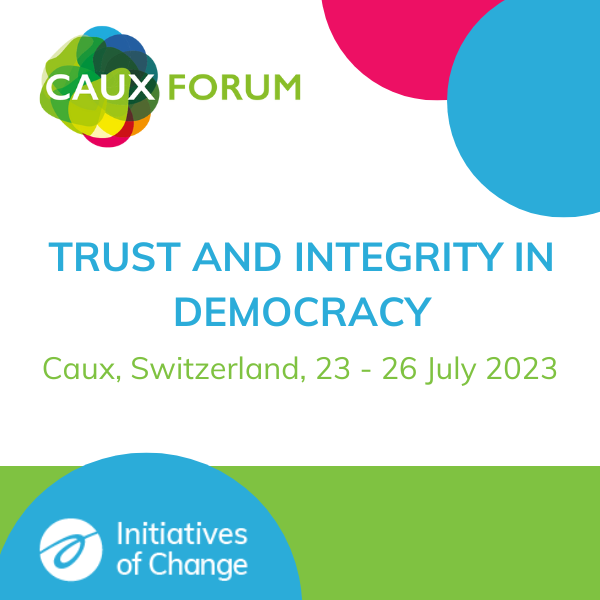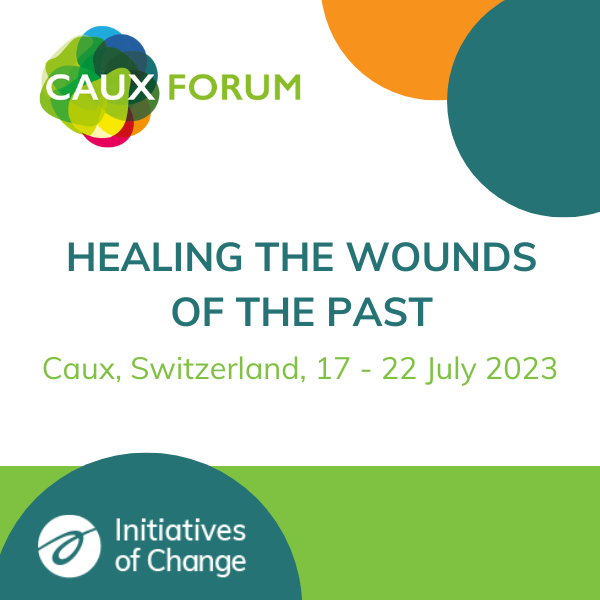Results of 90-Day Challenge by Tulsans in Hopes of Healing History
Results of 90-Day Challenge by Tulsans in Hopes of Healing History
20/09/2016
During the final morning plenary of the Just Governance for Human Security Conference in July, participants were presented with a 90-day action challenge. Members of a delegation from Tulsa, Oklahoma, USA, at Caux to discuss the 1921 Tulsa Race Riot, accepted the challenge. Participants were asked what they could do in their own communities in 90 days that was a direct result of their experience at Caux.
Four members, of the nine member delegation from Tulsa, began meeting over meals, just as they had at Caux, to discuss lessons learned from the conference. They openly discussed the needs of the community to have honest and open dialogue with regards to the 1921 Tulsa Race Riot and the aftermath faced in trying to heal a racially torn community. Scores affected by the Riot fled, and migrated elsewhere in the United States, even as far north as Canada. The delegation members agreed their first step together, after returning from Caux, would be to hold an informal forum, similar to the conference morning plenary they had recently attended. They decided to share the observations and encounters experienced at Caux with members of the community in hopes of inspiring and engaging the community. The seed had already been planted in their community because they were having open and honest dialogue about a horrific event in their city's history that had rarely been discussed for decades.
The forum titled, “Why is There Global Interest in Tulsa’s Race Relations? Healing History — An African-American Experience.” Was held on Thursday, September 15th at the Tulsa Historical Society and was attended by over 125 members of the community, both Caucasian and African-American. The forum opened with Michelle Place, Executive Director of the Tulsa Historical Society, noting the 100 year anniversary of the 1921 Tulsa Race Riot was less than five years away. With the anniversary quickly approaching, there has been significant and steady interest in the city’s a horrific event by numerous outside sources, which include talks of a Hollywood movie. Michelle stated, "It is important for Tulsa to share with the world what it did right and what it did wrong with regards to the Race Riot. It is also important that we, Tulsans, are able to tell our own story. We cannot tell our story to inspire others around the world if we do not discuss it ourselves”. It is important to share what happens in a community when its history is not openly discussed."
Members of the delegation hope the forum is the first of many open and honest discussions of race and healing for the community. There are talks of having open dialogues in the North Tulsa area, an area often racially disconnected from the city. Since returning from Caux, members of the delegation with close connections to North Tulsa’s predominately African-American community have joined Michelle and the Tulsa Historical Society to document audio recordings of African-American Riot survivors, a demographic often missing from the city’s historical documentation. Michelle Place and Alesia Clement Latimer, who did not know each other before meeting in Caux, have joined forces to reach all members of the community, in the spirit of community, and invite them to offer their oral history. The two have taken the ‘elbow diplomacy’ of Caux back to their community in an effort to reach all members of their community by working together.
Shontaye Abegaz, Conference Coordinator "Just Governance for Human Security"































